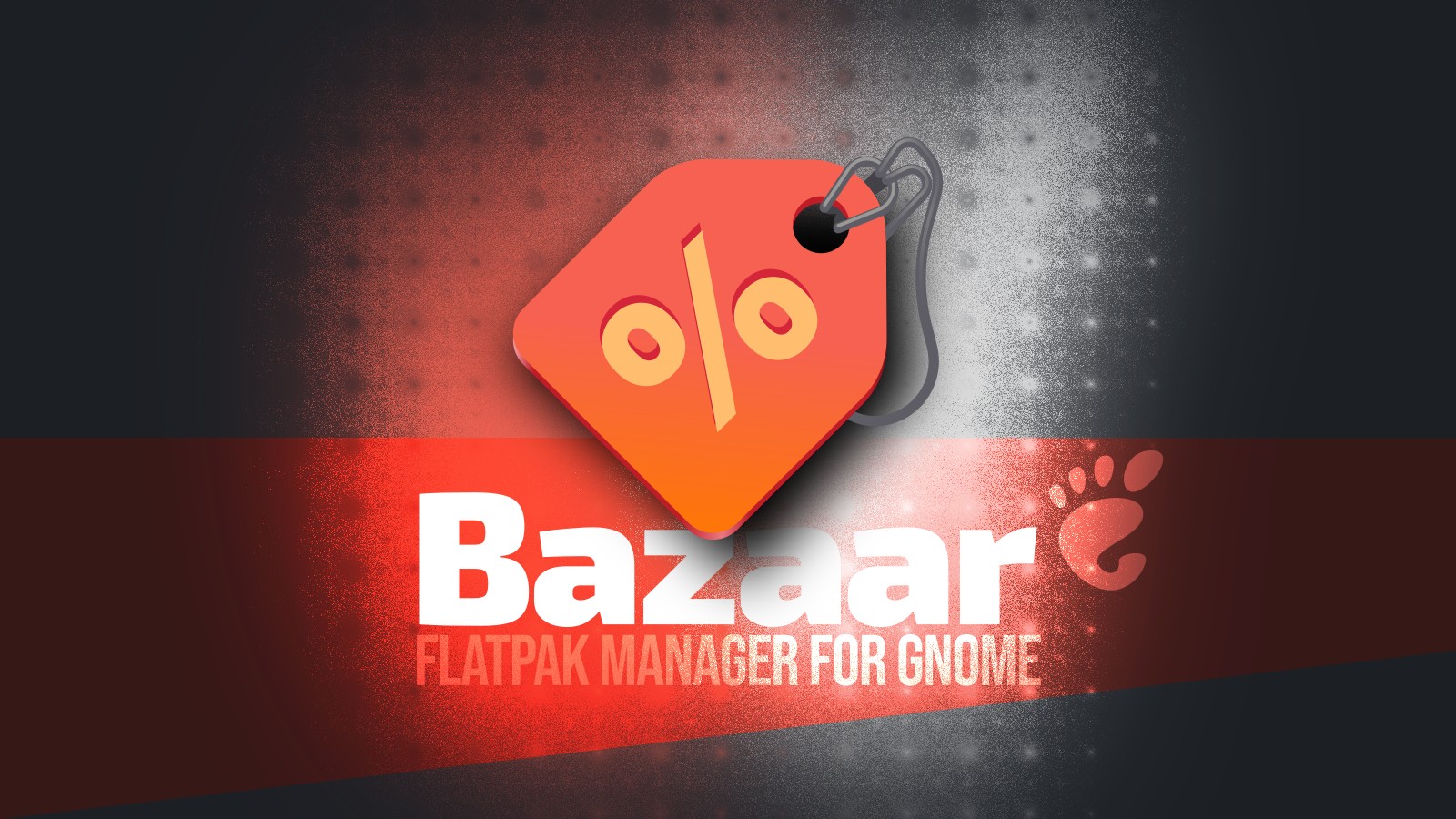I was pretty excited to try Bazaar, but UX-wise I feel like GNOME-software is way less overwhelming and thus easier to use - even though it’s not great. And startup speed for Bazaar is still pretty slow, even though IIRC speed was supposed to be one of its selling points.
Still great to see people to try to innovate, and it’s still pretty young, so definitely something to keep an eye on. But I was overhyped.
“Software” is increadibly fast for me on opensuse. Either it’s the package manager or the connection that causes trouble.
It’s packagekit which is slow. I’ve used Gnome Software on Fedora Atomic and it is quite fast (since a few big optimizations about two years ago) because it only has support for flatpak enabled.
Bazaar on Bazzite has been slow and crashy for me.
Yeah I had no idea the previous store was dropped and took me a while to figure out what bazaar was and it kind if sucks compared to previous like checking what you have installed and needs updates
Same. I started going to Flathub in my browser.
I just use software, provided by uhhhh was always there
deleted by creator
This comment is super dumb, just because there are unofficial flatpaks lying around that does not make flatpak a bad format you can configure bazaar to only search for verified apps IIRC so flatpak is linked to the source code or website.
deleted by creator
Relying on flatpaks seems like a bad idea.
A more reasonable take might be: don’t install flatpaks willy-nilly without first verifying that they’re maintained by the original developers (or an authorized third party, which is sometimes the case). The same way I wouldn’t run
apt install <package>without first checking the package info to ensure I’m installing a legit package (if I’m not already familiar with the specific package I’m installing).Doesn’t the same hold for distributions repackaging software? Surely most developers don’t maintain their own Debian packages, Fedora rpms, Arch whatever-their-name-is’s, etc?
Arch uses pacman






